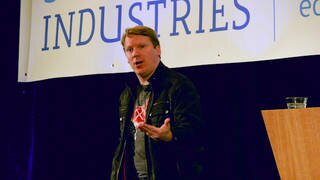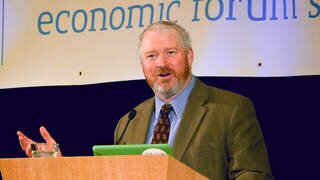 Seattle-based Women’s Funding Alliance (WFA), the leading foundation in Washington state investing in and advocating for women and girls, is confronting the issue of local sex trafficking from numerous angles with the aim of attacking the root cause of the problem through education, awareness and funding.
Seattle-based Women’s Funding Alliance (WFA), the leading foundation in Washington state investing in and advocating for women and girls, is confronting the issue of local sex trafficking from numerous angles with the aim of attacking the root cause of the problem through education, awareness and funding.
WFA will host a Town Hall forum on January 20, 2011, called “In Our Own Backyard: A Closer Look at the Sex Trafficking of Local Girls.” The event is a public forum to discuss the issue of sex trafficking, how the internet is worsening the problem, what’s being done about it, and how we can make a difference right here in Seattle to support young trafficking survivors, increase the prosecution of traffickers and predators, and curb the demand.
That event is hosted in collaboration with Seattle City Council, Seattle Human Services Department, YouthCare and Women’s Funding Network.
In January 2010, WFA approved a special, one-time grant for a three-year pilot project of the Seattle Human Services Department (SHSD) called The Bridge Program, a residential recovery program designed to help girls who have been victimized through child sexual exploitation (prostitution). (See the Seattle Times article on the program.)
WFA was able to provide funding for the program during a critical period when funds had been cut and the project’s future was uncertain....
 In his introductory remarks at last week's Sustainable Industries Economic Forum, Mayor McGinn seemed to forget the word of the day was optimism, asking the audience had they all read Jared Diamond's Collapse.
In his introductory remarks at last week's Sustainable Industries Economic Forum, Mayor McGinn seemed to forget the word of the day was optimism, asking the audience had they all read Jared Diamond's Collapse.
McGinn referenced the "Who cut down the last tree?" question that is always asked about Easter Island--summing up hindsight's incredulity at completely using up a renewable resource.
As to how that happens, "we're getting a clue right now," he added, complaining that we set environmental and sustainability goals, and then ignore them when it comes to large transportation projects.
To be fair, McGinn was also preparing for a city budget address that called for laying off over 200 city employees, so some gloominess was perhaps inevitable. (In a later Q&A, David Williams, CEO of ShoreBank Pacific, noted that the economy was "still deteriorating" and that he expected it to take five to seven years for it to pull out of its slump.)
 Cameron Sinclair, Architecture for Humanity
Cameron Sinclair, Architecture for Humanity
Then Cameron Sinclair--co-founder and "eternal optimist" at Architecture for Humanity--gave a keynote was supposed to be the antidote to any wet-blanketry, but if so, it came in the form of a tough-love caplet. Sinclair, now in his late 30s, is a "socially conscious architect" who won a TED prize in 2006 for his work, and used the prize money to fund what he calls "open source architecture," where people can share their ideas about camel-back clinics, among other things....


Most Recent Comments